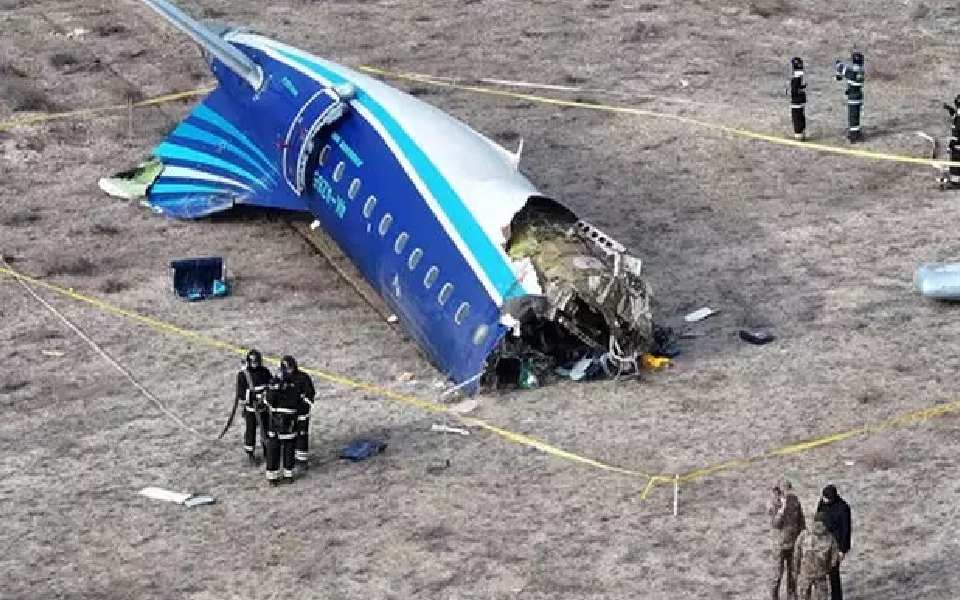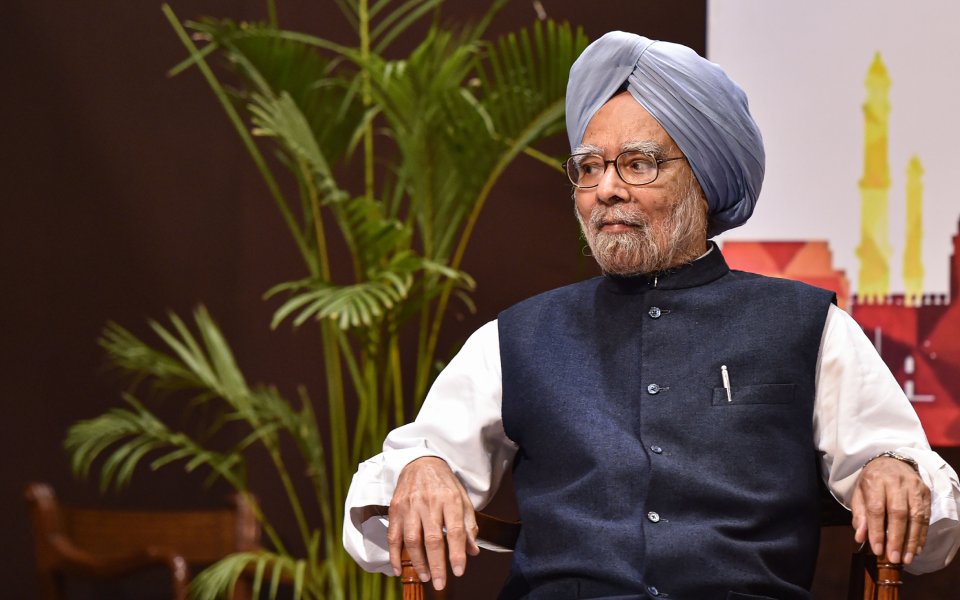Mumbai (PTI): The Bombay High Court on Wednesday continued till further orders an interim stay on show-cause notice and penalty demand issued to industrialist Anil Ambani by the Income Tax department under the Black Money Act.
A division bench of Justices Gautam Patel and Neela Gokhale posted Ambani's petition challenging the notice and penalty demand for hearing on April 28, and gave time to the IT department to file its reply.
The HC had in September 2022 granted an interim stay to the show-cause notice pending hearing.
In March this year, Ambani's lawyer Rafique Dada informed the court that the department later also issued a penalty demand notice to his client.
The court then granted interim stay to the demand notice too.
On Wednesday, when the petition came up for hearing, advocate Akhileshwar Sharma, appearing for the IT department, sought two weeks to file a "comprehensive affidavit" in response to the amended petition.
"The petition has been amended adding some more IT officials as respondents and (the petitioner) has also annexed certain new documents. The department wants time to file a comprehensive affidavit," Sharma said.
The court directed that the affidavit be filed by April 21.
"The petition shall be listed for hearing on April 28. The interim orders passed earlier -- stay on the show-cause notice and the penalty demand -- shall continue till further orders," the bench said.
The IT department issued a notice to Anil Ambani on August 8, 2022, for allegedly evading Rs 420 crore in taxes on undisclosed funds of more than Rs 814 crore held in two Swiss bank accounts.
The industrialist was liable to be prosecuted under Sections 50 and 51 of the Black Money (Undisclosed Foreign Income and Assets) Imposition of Tax Act of 2015 which prescribes a maximum sentence of 10 years with fine, the IT notice said.
The department charged Ambani with "wilful" evasion, saying he "intentionally" did not disclose his foreign bank account details and financial interests.
Ambani in his petition claimed that the Black Money Act was enacted in 2015 and the alleged transactions were of assessment years 2006-2007 and 2010-2011.
The provisions of the Act cannot have retrospective effect, he argued.
According to the IT department's notice, Ambani was an "economic contributor as well as beneficial owner" of Bahamas-based "Diamond Trust" and British Virgin Islands-incorporated Northern Atlantic Trading Unlimited (NATU).
He "failed to disclose" these foreign assets in his income tax return (ITR) filings and hence violated the Black Money Act, it said.
The act was brought in by the Narendra Modi government soon after it came to power in 2014.
IT officials assessed the total value of undisclosed funds in the two Swiss Bank accounts at Rs 8,14,27,95,784 (Rs 814 crore) and tax payable on this amount at Rs 4,20,29,04,040 (Rs 420 crore).
Let the Truth be known. If you read VB and like VB, please be a VB Supporter and Help us deliver the Truth to one and all.
Bengaluru, Dec 26: A Japanese national, Hiroshi Sasaki, who works in Bengaluru, lost Rs 35.5 lakh after being 'digitally arrested' by cyber fraudsters, police said, on Thursday.





